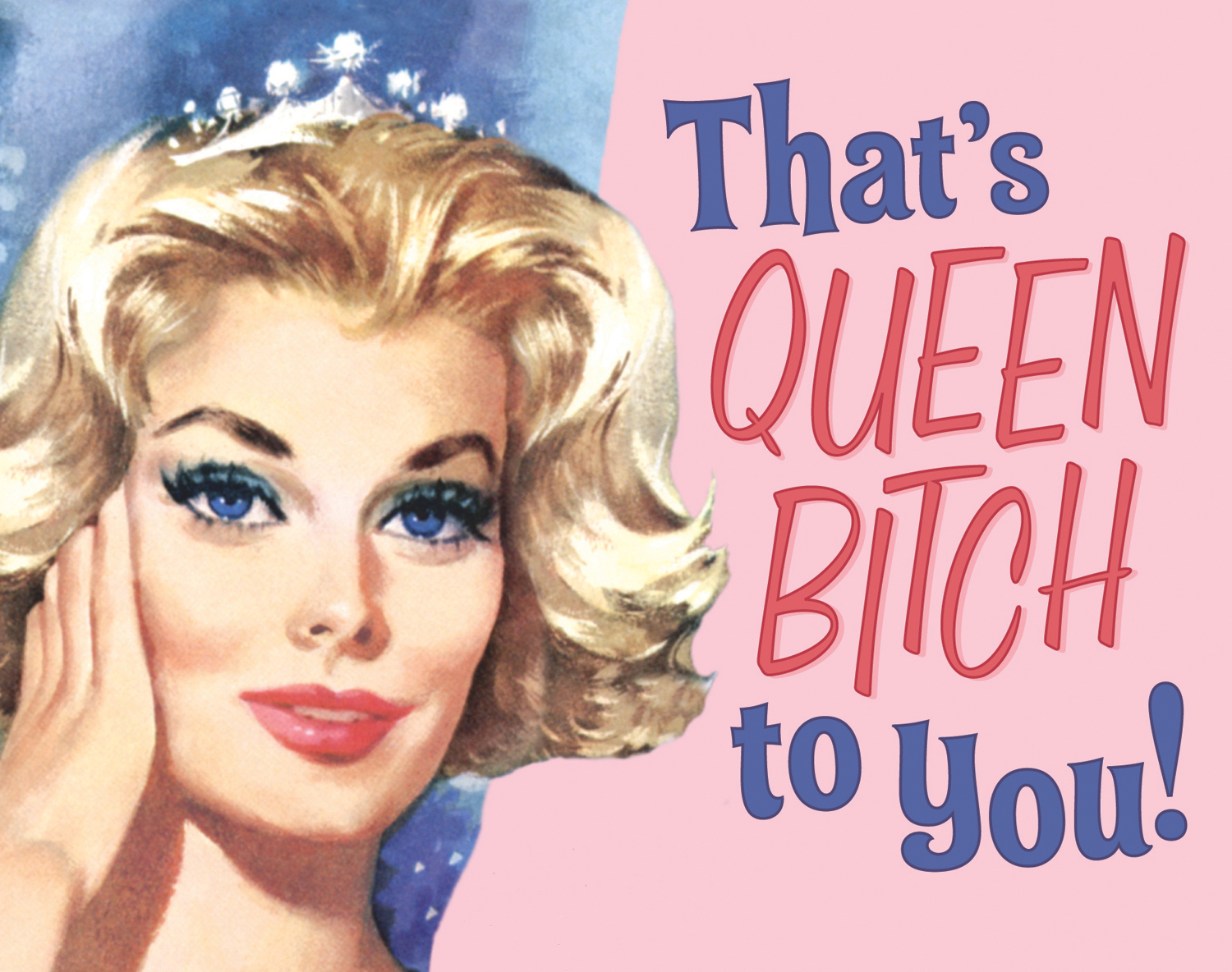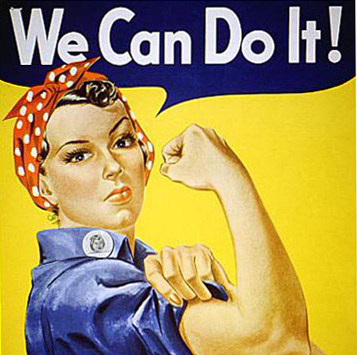Ruth and I spend a significant amount of time teaching our clients and training participants to be kind and curious, ask open ended questions, reduce assumptions and judgements, and basically be the most lovely manager your team has ever had. I’ve laid out a broad sweeping generalization in our blog before – coaching is everything. But I take it back. Coaching is ALMOST everything. The final key to the mysteries of management is just saying what needs to be said – in the right way and at the right time.
While coaching might be 90% of the solution, the other 10% is delivering firm and clear messages that get results. Interestingly enough, it is often that behaviour that makes many women leaders “the bitch” and their male counterparts “assertive and determined”. But that’s a whole other topic for our Women and Leadership Series – in today’s blog – I’m talking about being assertive and clear and not trying NOT to be a bitch by softening the message.
Which comes first the coaching or the bitch?
Well it depends on the situation and the person of course! One of our favourite leadership theories, and one that resonates well with our clients, is Situational Leadership. At its core, it trains leaders to effectively diagnose the needs of an individual or a team and then use the appropriate leadership style to respond to the needs – based on two communication styles: Task oriented and relationship oriented styles.
This means that each individual and situation needs to be diagnosed appropriately. There is a time to use coaching for:
- selling –> How might this benefit you? What would make you want to do this? Tell me what is working well for you?
- discovering –> Help me understand what happened? Tell me more? Tell me about a time you have you done this in the past?
- problem solving –> What is the impact of your decision? How might you approach this? Who needs to be involved?
And there is ALSO a time, for more directive language. Directive language, or more simply, direct, assertive, to-the-point language, is often deemed negative and insulting to the recipient. Our Canadian (and British influenced) culture, in fact, does a particularly bad job of being direct. We are much more likely to soften the message with the sandwich approach (good feedback, bad feedback, good feedback) or softening our message with words like “occasionally” or “maybe” or perhaps. It is this weakening of messages that causes confusion in employees. They are unable to discern between the message and the words.
So when can you just say it?
3 Situations When You Can (and should be) Be a Bitch.
- Urgency (when time is of the essence) –> I need you to contact the following people by end of day to resolve this customer service issue before it becomes a bigger problem.
- Lack of skill or experience–> First you will contact the suppliers, then you will generate the purchase orders, and finally you will order the parts – that is the process I need you to follow.
- Resistance to previous coaching –> We have talked about the impact of your tardiness at the last 3 meetings. You are required to be at work at 8:30. Another incident of tardiness will be noted in your file.
The coaching drives engagement, but it is the direction (when appropriate) that drives results. Your ability to be the bitch at the right time and in the right way, will make both you and your team a success. Discover the magical balance between coaching and direction to become both a loved AND respected manager (Click to Tweet!).
Tell us your stories about your results @whiteboardcons!
Until next time,
Nicole



